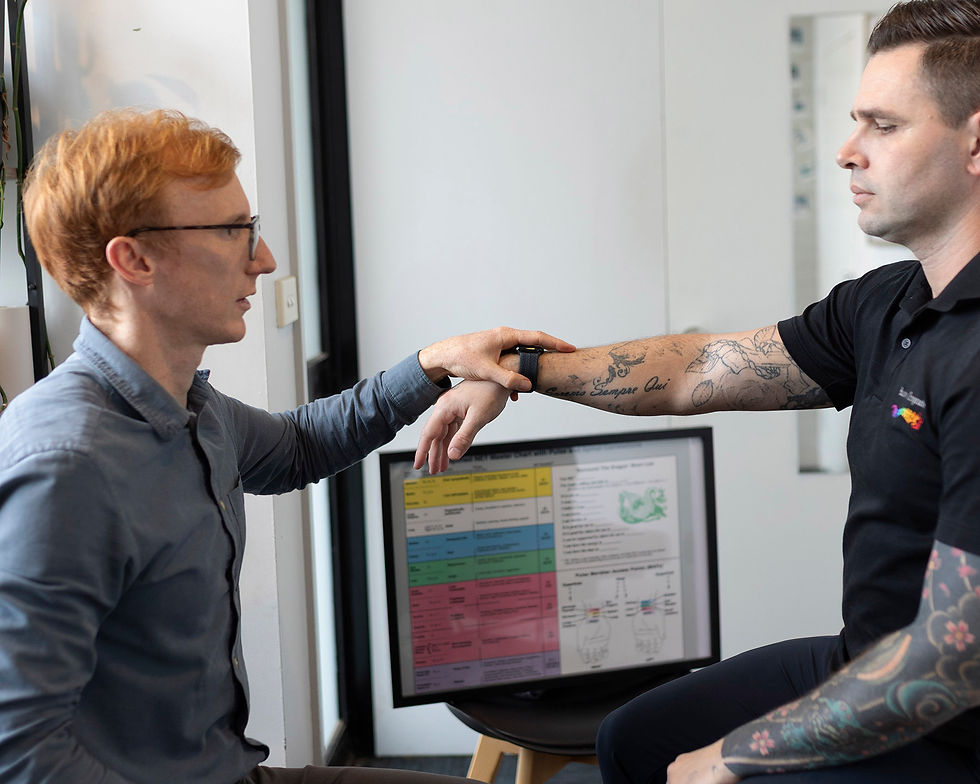Vertigo
- Dr Angeli Cherubim

- Mar 14
- 2 min read
Updated: Aug 8
Vertigo
Vertigo is a sensation of spinning while stationary. It is commonly associated with nausea or vomiting, unsteadiness causing difficulties with standing or walking, falls, and can affect a person's thoughts. Usually it is due to dysfunction of the vestibular system, it affects approximately 20%-30% of the general population, with women more likely to experience vertigo (2-3:1) then men.
The causes of vertigo are classified into either peripheral or central;
Peripheral vertigo is caused by problems with the inner ear. The common causes include benign paroxysmal positional vertigo (BPPV) (which accounts for 32% of all peripheral vertigo), Ménière's disease (12%), superior canal dehiscence syndrome, labyrinthitis and visual vertigo. Any cause of inflammation to the upper respiratory tract such as common cold, influenza, and bacterial infections may cause transient vertigo if it involves the inner ear, as may chemical insults or physical trauma (eg. Concussion and skull fractures).
Patients with peripheral vertigo typically present with mild to moderate imbalance, nausea, vomiting, hearing loss, tinnitus, fullness, and pain in the ear. In addition, lesions of the internal auditory canal may be associated with facial weakness on the same side. Due to a rapid compensation process, acute vertigo as a result of a peripheral lesion tends to have a better prognosis (days to weeks).
Central vertigo arises from injury to the balance centers of the central nervous system (CNS), often from a lesion in the brainstem or cerebellum. Central vertigo has accompanying neurologic deficits such as slurred speech and double vision and pathologic nystagmus. Central vertigo can cause disequilibrium often so severe that many patients are unable to stand or walk.
Common causes of these lesions include infarctions or hemorrhage from stroke, types of brain tumour, epilepsy, degenerative ataxia disorders, and migraine headaches, as well as cerebral dysfunction. Central vertigo may not improve or may do so more slowly than vertigo caused by disturbance to peripheral structures.
Spinal dysfunction could also affect your proprioception, chiropractic assessment could be of benefit however due to its potential severity and varying causes of vertigo, any new or progressing symptom’s of vertigo does need a thorough assessment by a health professional.
Speak to your health care Practitioner or you can email us at info@rainbowchiropractic.com.au





Comments